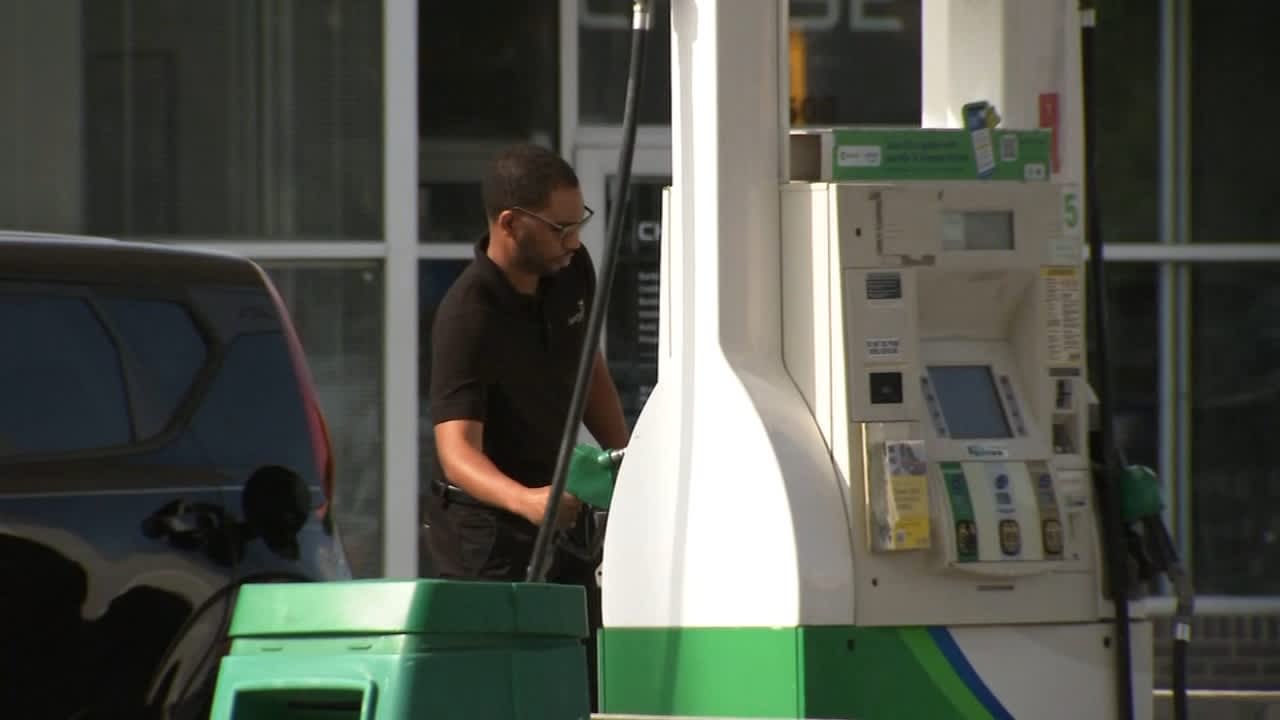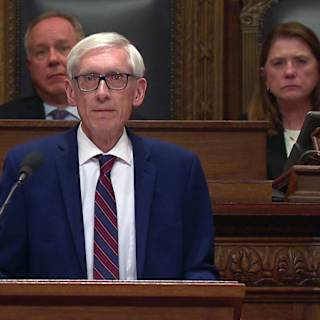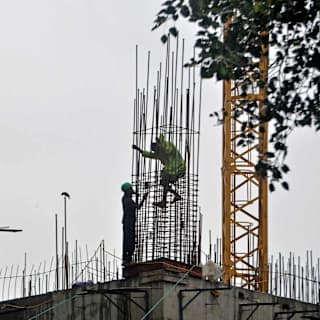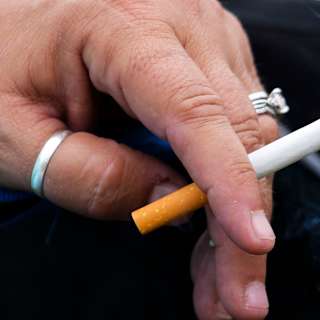- Wage Increases Hit Chicago
- Tax Hikes Across Multiple Sectors
- Budget and Political Context
Illinois workers and consumers face a cascade of new costs starting Tuesday as the state implements multiple tax increases and Chicago raises its minimum wage, marking the beginning of the largest budget in state history.
The changes, totaling billions in new revenue, arrive as Illinois grapples with funding pressures while maintaining one of the nation's highest tax burdens.

Chicago's minimum wage climbs to $16.60 per hour for employers with four or more workers, while tipped employees will earn $12.62 per hour12. The increases stem from the city's One Fair Wage Ordinance, designed to gradually eliminate the wage gap between tipped and non-tipped workers by 20281.
The tipped minimum wage will continue rising 8% annually until it matches the standard minimum wage1. Restaurant owners report the increases strain their operations, forcing difficult choices between raising prices and reducing staff1.
Illinois drivers face a gas tax increase to 48.3 cents per gallon, continuing automatic inflation adjustments that have added 29 cents since Governor J.B. Pritzker doubled the tax in 201912. The state now maintains the second-highest gas tax rate nationally3.
Sports betting faces new fees of 25 cents per wager, doubling to 50 cents for high-volume operators like FanDuel and DraftKings1. Tobacco and nicotine products see tax rates jump from 36% to 45% of wholesale price1.
Phone bills increase as telecommunications taxes rise from 7% to 8.65% to fund suicide prevention services1. Short-term rental platforms like VRBO now must collect the state's 6% hotel tax, joining Airbnb in the requirement1.
Approximately 50 municipalities across Illinois are implementing local sales tax increases ranging from 0.25% to 2%4.
The changes fund Pritzker's $55.2 billion budget, the largest in state history12. According to the Illinois Policy Institute, the state has implemented at least 70 tax and fee increases since 2011, extracting $110 billion from taxpayers3.
Illinois currently imposes the seventh-highest combined state and local tax burden nationally, with residents paying over 10% of annual income in taxes4. A WalletHub analysis found property taxes consume 3.81% of residents' earnings, the largest portion among major tax categories4.
The minimum wage increase represents the final phase of Chicago's effort to address wage inequality, though similar initiatives in Washington, D.C. have faced calls for repeal amid concerns about impacts on small businesses5.



